- Home
- slideshows
- miscellaneous
- 10 products we use in everyday life that wouldn't exist without NASA
10 products we use in everyday life that wouldn't exist without NASA
Nike sneakers

Memory foam mattresses
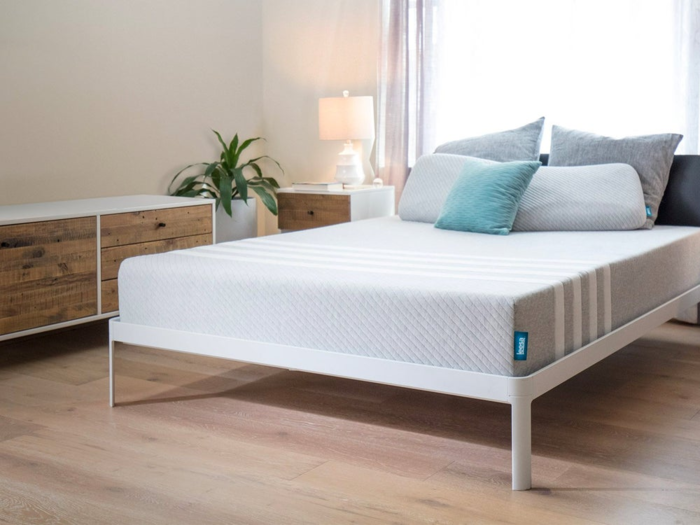
NASA-funded contractor Charles Yost developed memory foam in the late 1960s to improve airline seating for crash protection and comfort. Both soft and able to absorb high-energy impact, it was the perfect material to outfit NASA planes and is today widely applied to many home and comfort-related products, like mattresses, pillows, and travel pillows.
Bowflex home gym systems
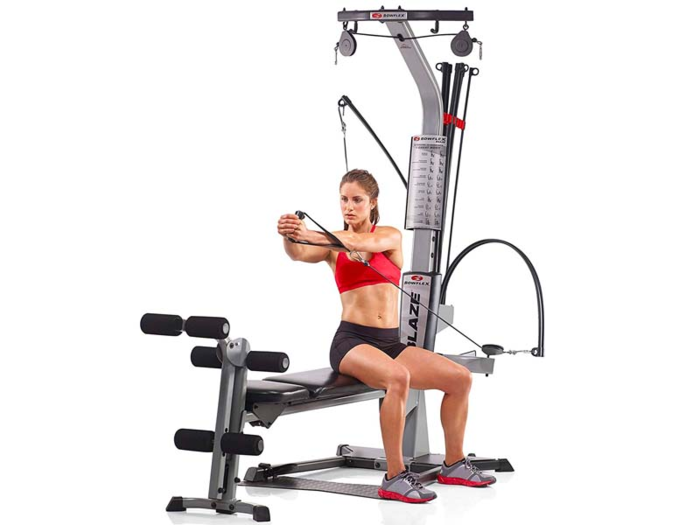
Prolonged weightlessness weakens muscles and bones, and with the construction of the International Space Station, which was expected to house long-term crews, NASA needed an exercise system that could keep astronaut bodies strong while in space for long periods of time. Instead of using weights, which are ineffective in space, BowFlex systems use springs to provide resistance. They're easier on the joints, and they pack a versatile number of exercises into one compact machine.
Ear thermometers
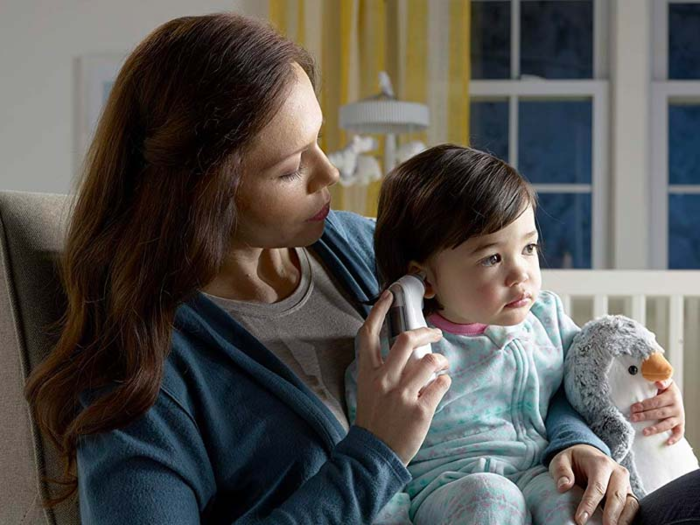
Just like astronomers measure the temperature of stars and planets with infrared technology, you can quickly figure out your body temperature with aural thermometers, which measure the amount of infrared energy emitted by the eardrum. Since this method avoids contact with mucous membranes, it eliminates the possibility of cross-infection and is also safer to use with newborns and critically ill patients.
Scratch-resistant glasses
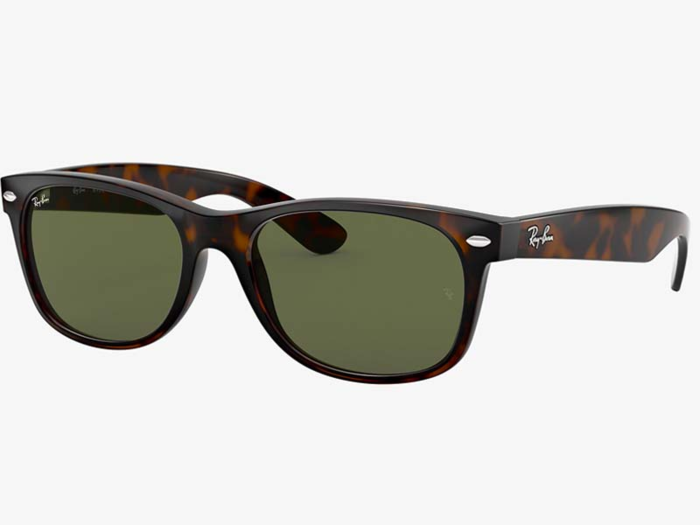
In 1972, the FDA mandated that all sunglasses and prescription lenses had to be shatter-resistant — a problem for an industry dominated by the use of glass. Manufacturers turned to plastic lenses. On the one hand, they were shatter-resistant, lightweight, and cheaper to produce, but on the other, they were easily scratched.
The technology for scratch-resistant lenses originated from a project on a spacecraft water purification system and was also seen in the coating for space helmet visors. Thanks to the Ames Research Center, you can now carry and wear your stylish sunglasses worry-free.
Restorative toothpaste
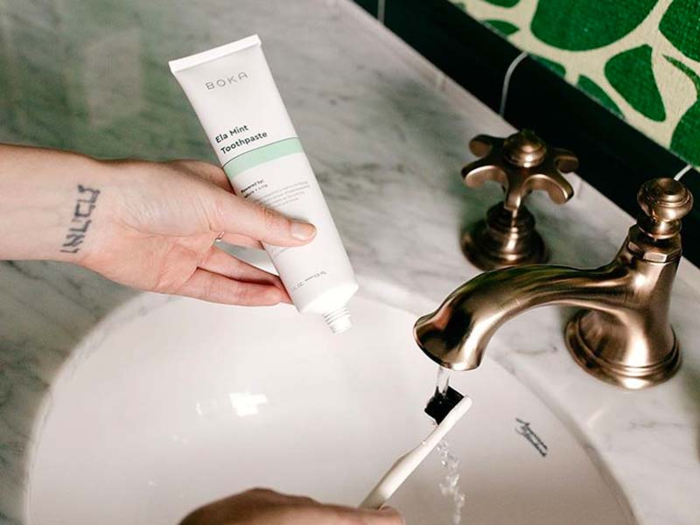
A synthetic form of hydroxyapatite, the mineral present in your teeth and bones, was created by NASA to restore bone density in orbiting crew members and is the star ingredient in Boka's mint toothpaste. The non-toxic, biocompatible ingredient can potentially help the millions of people worldwide who suffer from bone density loss.
All-weather thermal blankets
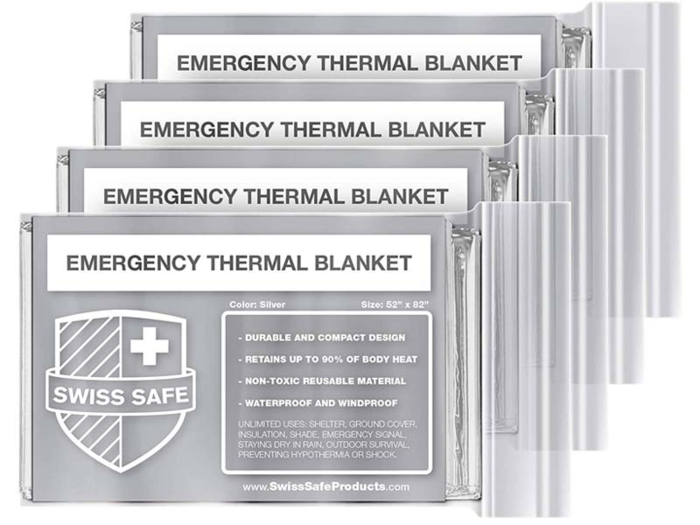
Aluminized mylar was first used to make the Echo satellites more reflective and to insulate cryogenic fluids and spacesuits. Mylar thermal blankets, seen anywhere from marathon finish lines to camping tents to home emergency kits, are still sometimes referred to as "space blankets" as a nod to these origins. They're ultra-light and packable, waterproof and windproof, and very effective at retaining body heat.
Quartz watches
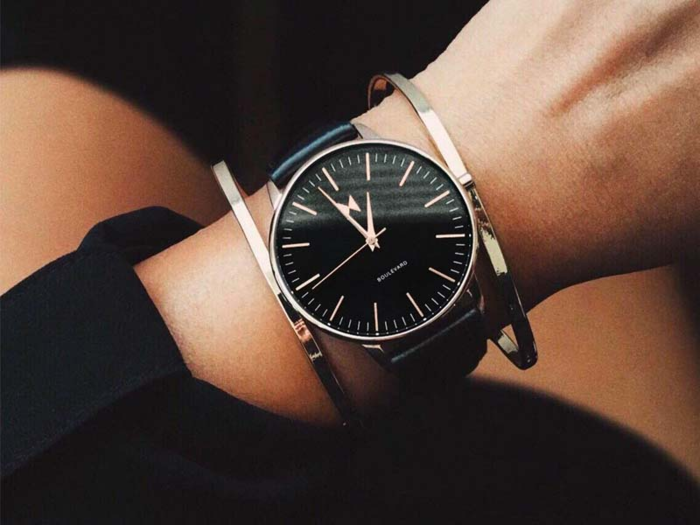
Accurate timing is of utmost importance on NASA missions, which is why the Johnson Space Center contracted General Time Corp to develop a quartz crystal. Because quartz vibrates millions of times per second when electrically stimulated, and watches use vibrating bodies to keep time, NASA was able to establish a stable time base off which all mission times could be derived. For ordinary consumers, they're helping us arrive right on time to our appointments.
Hairstyling irons
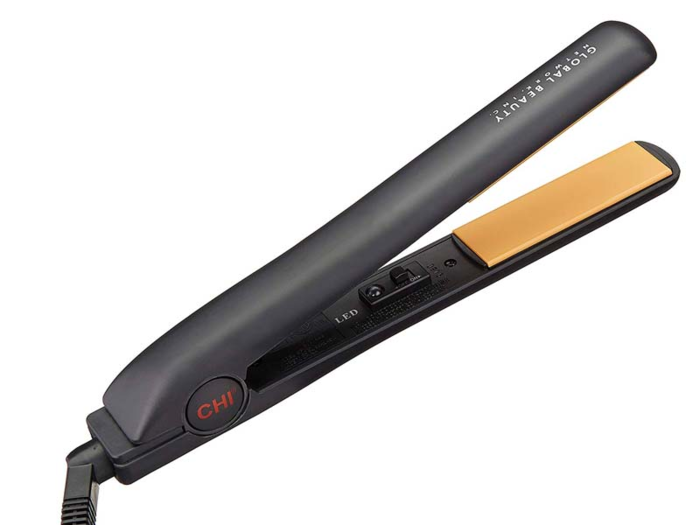
The secret to shiny, soft, and smooth hair is NASA research on nanomaterials, which was first applied to ceramic metallic components that could trigger the release of cancer-fighting drugs from microcapsules.
When special ceramic nanoparticles are heated, they produce negative or positive ions — that also turn out to be beneficial for hair and hair styling. With its link to this research, the brand CHI (Cationic Hydration Interlink) no doubt has an advantage over other hair styling brands.
Countertop gardens
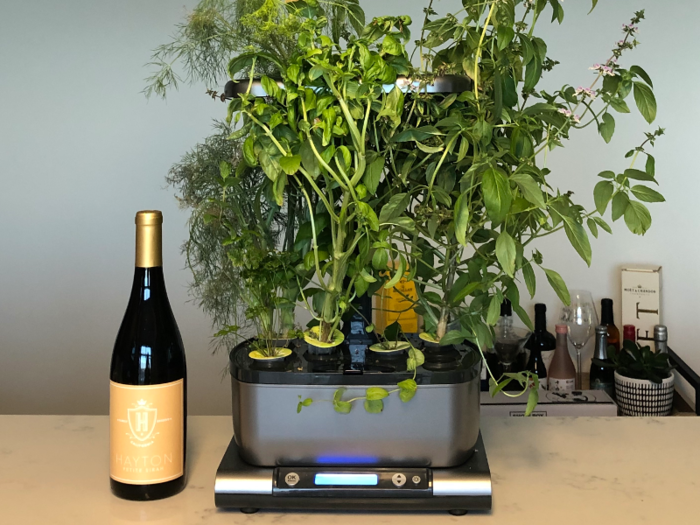
During long-term missions, astronauts have to figure out how to grow their own food. Enter aeroponic garden systems, which can grow plants suspended in air without soil and reduce water usage by 98%. The clean and efficient food-growing system was brought down to Earth and successfully introduced to the kitchens of small apartments and homes that still wanted to enjoy home-grown herbs and vegetables.
Advertisement